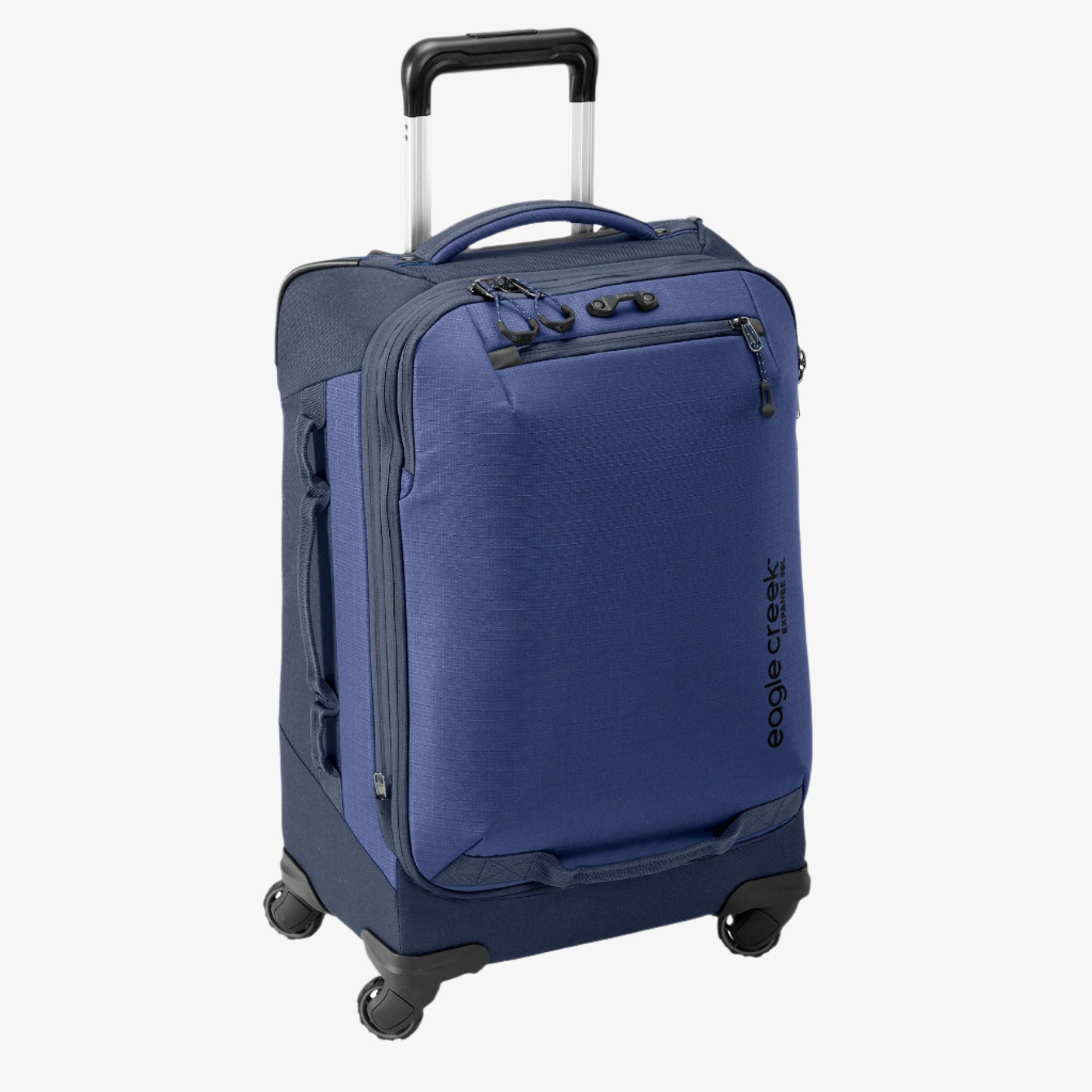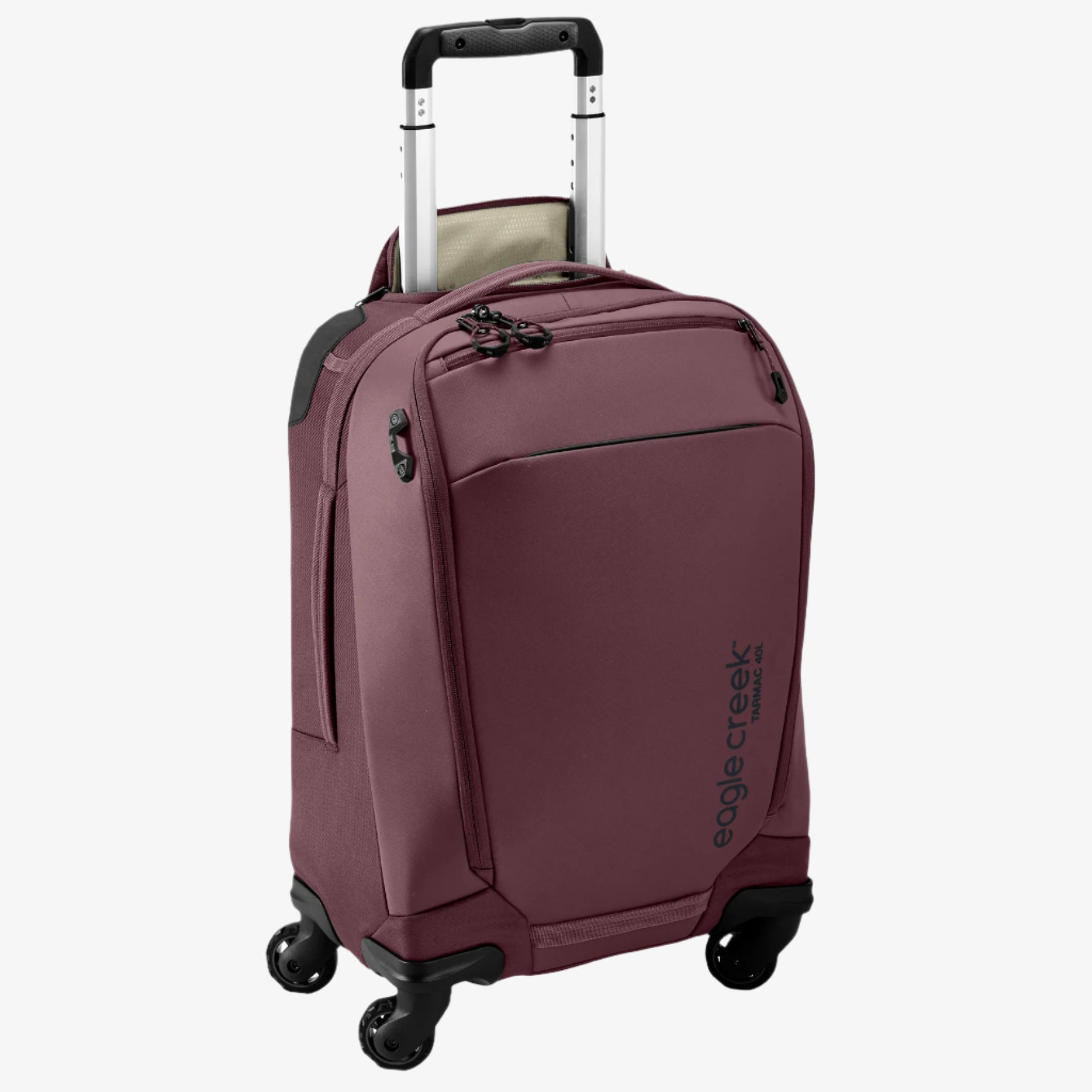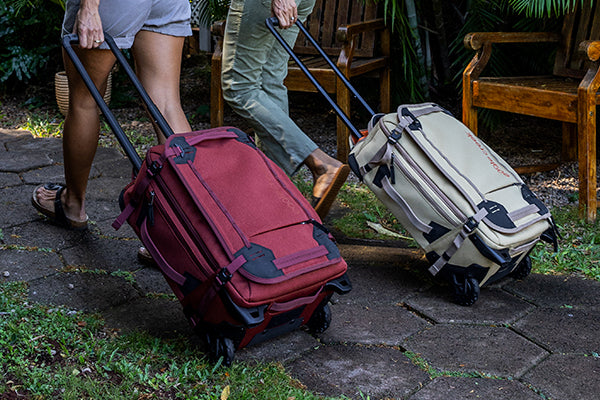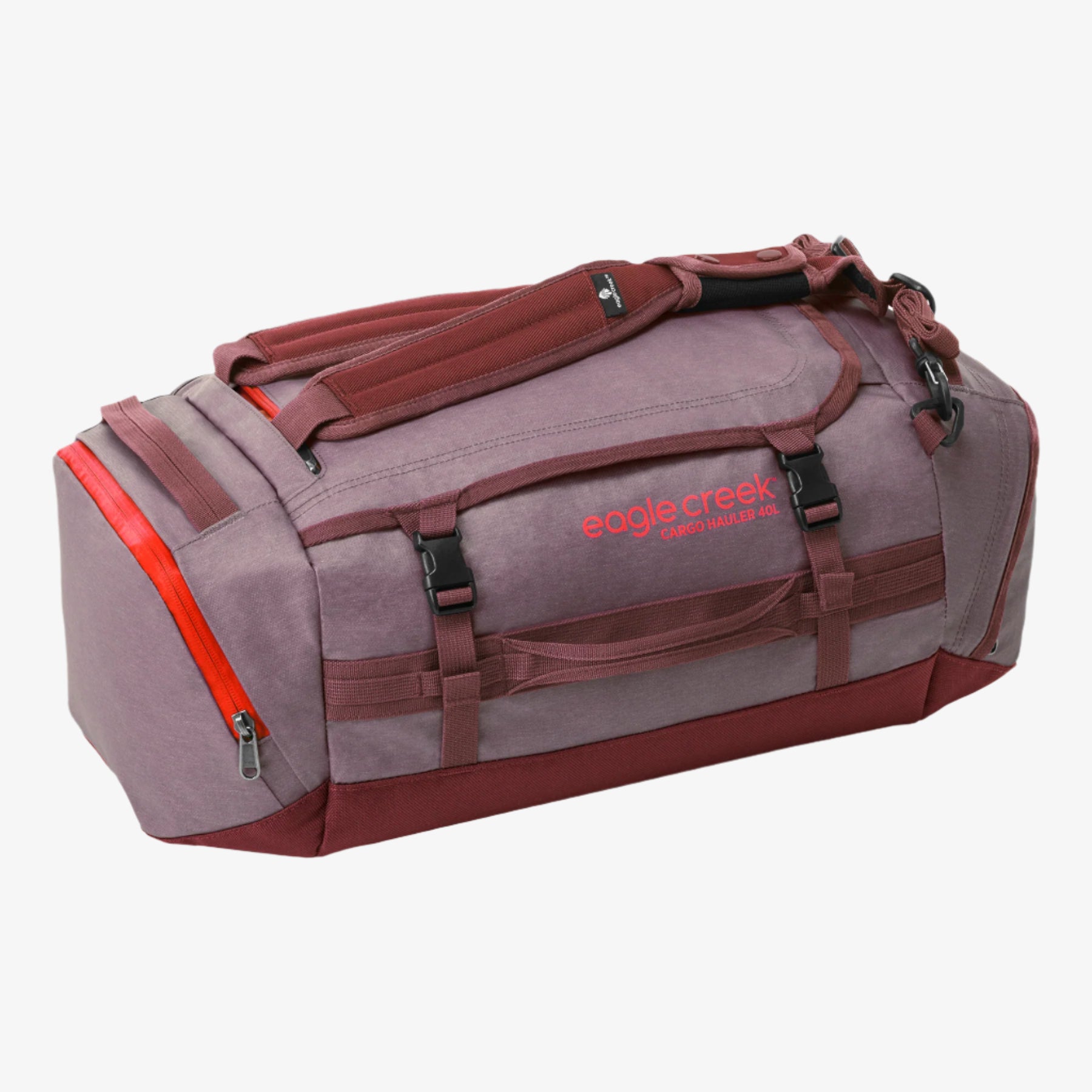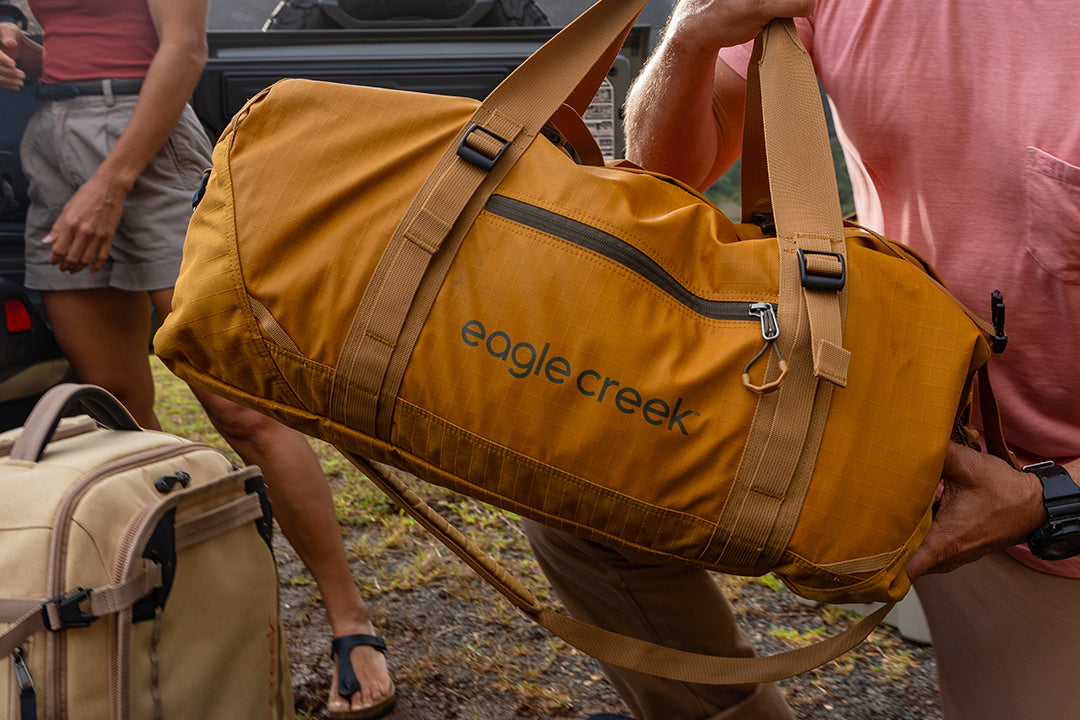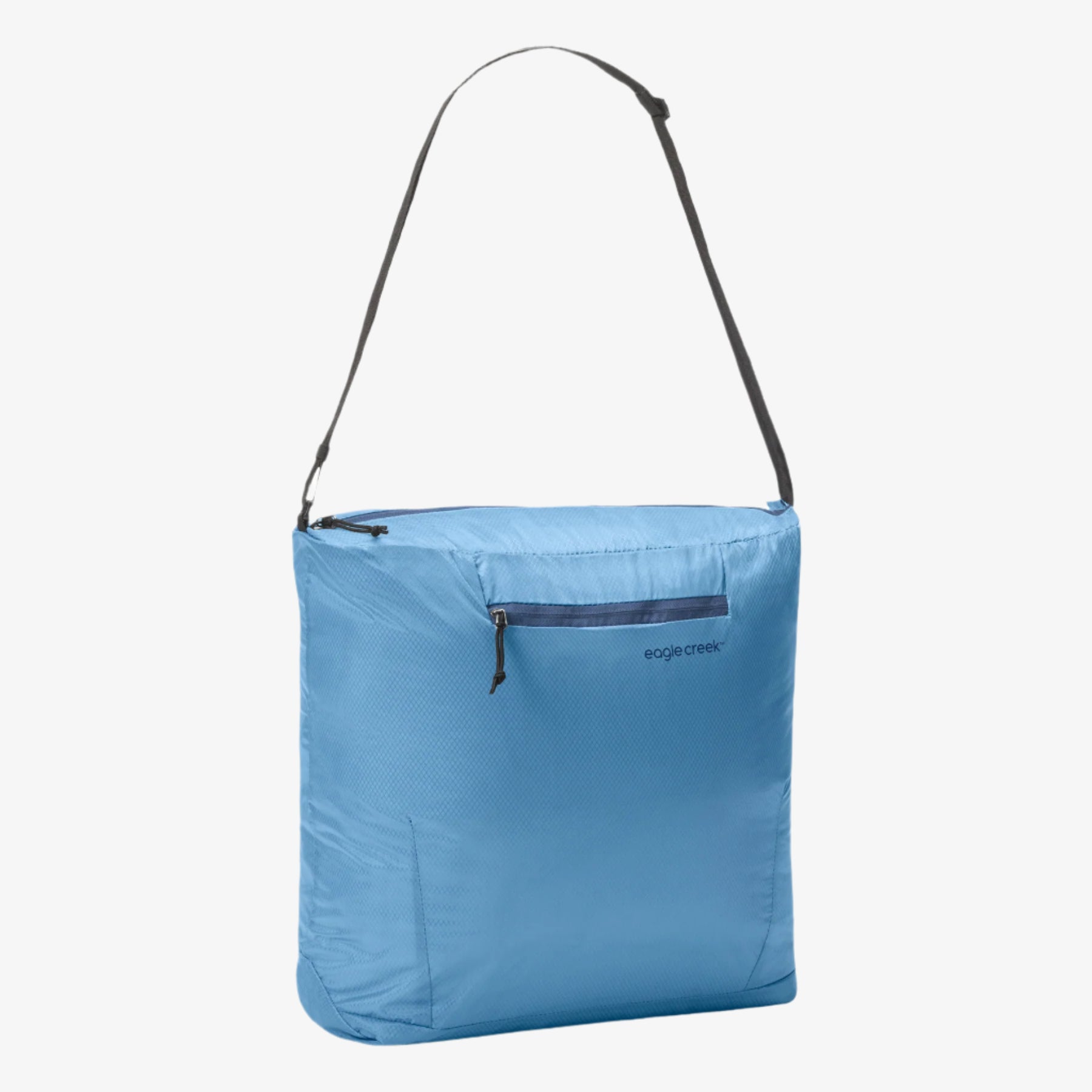
Freelancers and independent contractors could use a vacation, too. Here’s how to escape your day-to-day without losing clients.
Congratulations. You’ve finally escaped the 9 to 5 cubicle job you despise so much! There’s only one little issue to contend with—without a trusty human resources department telling you how many PTO (paid time off) days you have left for the year, you have no idea if you’ll ever be able to take a vacation again. (Sadface.) Plus, if you do take time off, it will likely be unpaid. And if you’re a freelancer, entrepreneur, or digital nomad who takes your laptop with you wherever you go, you know all too well it’s almost impossible to shut off from work.
Still, no need be too dramatic here: Working for yourself doesn’t mean you’ll never vacation again. In fact, a life of travel is more beneficial than ever. Here are six reasons you should log off and go find your unknown.
1. You Hustle Day In and Day Out
Even if you work from home or have a flexible schedule, you are probably working more hours now than ever before. Think about it: When your friends leave the office, they probably head to happy hour or the gym. You, on the other hand, are hustling morning, noon, and night to keep up with client requests and grow your business. In other words, your hustle doesn’t always stop. And while that can feel amazing after you’ve chugged three cappuccinos in a row, it may eventually lead to burnout. Go ahead and pack your backpack and take some time off stat. (And friendly advice, maybe give the coffee machine a break, too.)
2. Your Clients Will Understand
If you’re self-employed, you might feel like you’re letting your clients down if you miss out on a week or two of work. But think of it this way: Everyone takes time off—from janitors to CEOs and even business owners. The trick is to give your contacts plenty of notice so they know you won’t be available during your vacay. If they protest or try to squeeze more work out of you when you’re gone, you might want to re-think your working relationship with them, anyway. The best ones will understand and simply wish you a good time. (And be waiting with plenty of work for you when you get back.)
3. You Will Recharge and Disconnect
When you’re burning the candles from both ends, it’s easy to burn out quickly. That’s why it’s so important to take a vacation now and again (or even a sabbatical!). Allowing yourself to recharge will give you some rest and allow you to come back ready to do your best work.
4. You’ll Come Back with Better Ideas
Working by yourself means you’re in your own head a lot. A change of scenery from your home desk allows you to take a break from the day-to-day and experience new things. While you are away (and having the time of your life scuba diving, hiking, and living your best #vanlife) you might find yourself coming up with new ideas for your business.
New perspectives often lead to more creativity according to a Harvard study. Bonus points if you will be spending time in nature to clear your thoughts. (If your trip requires you to pack a lot of different gear, keep it all organized in a handy compression cube.)
5. If You Must Work, You Can
Wherever you’re going in the world, there’s likely to be a good internet connection. (At least in cities.) So pack a bag with a laptop sleeve that’s sturdy enough to also carry on the plane. If you’re worried about being away for an extended period of time, you can always schedule a few hours in the morning to check email and work on projects. Just don’t let work take over the whole trip.
6. Trust Us, You’ve Earned It
When you work for yourself, it can be difficult to imagine that a vacation is a good idea—especially if you won’t get paid when you are away. But if you have a travel savings account, then simply look back on all you’ve accomplished. Maybe you’ve completed a big project recently or have gotten some really great feedback from a client. Once you have a list going, you’ll probably feel much better about taking that well-deserved break.
Related Links (from Eagle Creek blog):
Working Remotely: What Is the Digital Nomad Lifestyle?

